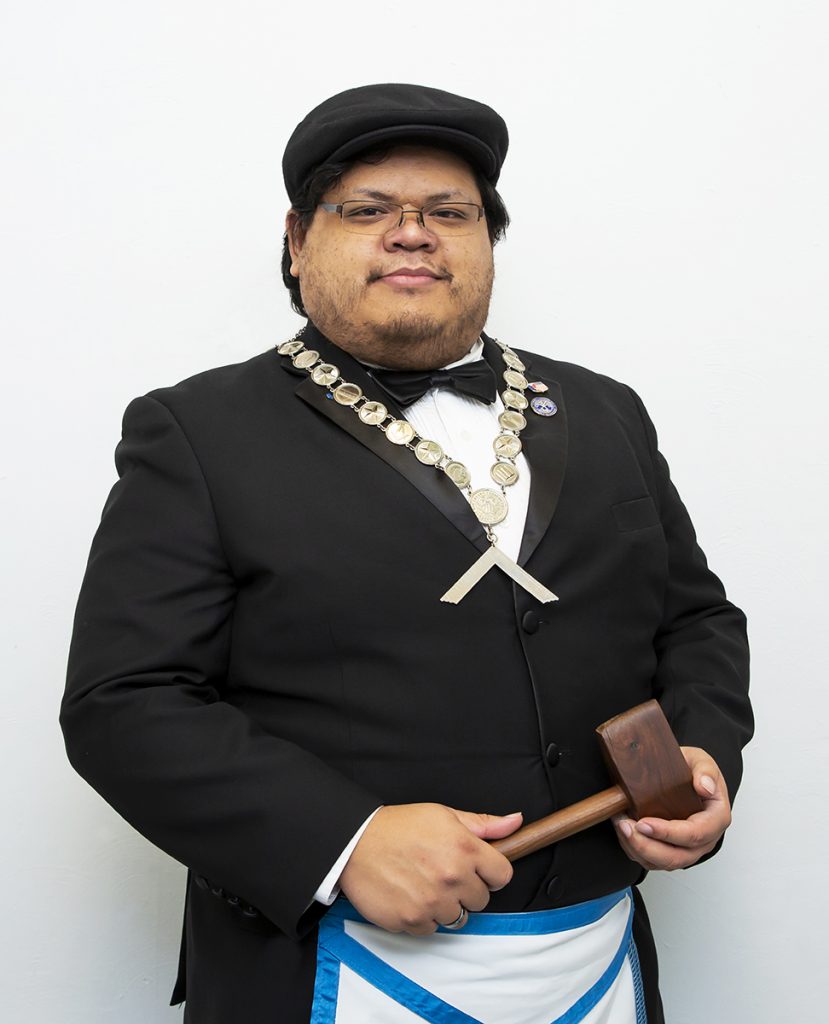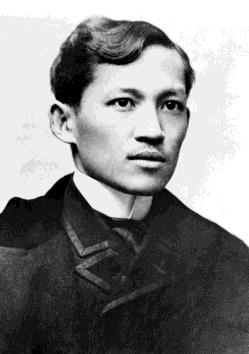From the East – June 2023

Greetings Brethren,
Dr. Jose P. Risal joined Logia Acacia No. 9 of the Gran Oriente de España in Madrid, Spain where he was (presumably initiated) in 1883. In 1889, Risal joined Logia Solidaridad in Barcelona where was Raised to the Sublime Degree of Master Mason on November 15th, 1890.
Rizal’s involvement with Freemasonry began when he joined the Masonic Lodge Acacia in Madrid, Spain. Freemasonry attracted Rizal because of its ideals of liberty, equality, and fraternity, which aligned with his own aspirations for the Philippines. He saw Freemasonry as a means to promote social and political reforms in his homeland.

Rizal’s association with Freemasonry became a subject of controversy during his time and continues to spark debates among historians. The Spanish colonial authorities, who considered Freemasonry a subversive and revolutionary organization, closely monitored Rizal’s activities and used his Masonic affiliation against him during his trial for sedition and rebellion.
Rizal’s Masonic connections played a significant role in shaping his views on national identity, freedom, and social justice. He advocated for reforms through peaceful means and believed in the power of education and enlightenment to uplift the Filipino people. Rizal’s writings, including his novels Noli Me Tangere and El Filibusterismo, reflect his deep concerns about social inequality and the abuses of colonial rule.
In 1892, Rizal established the La Liga Filipina, a civic organization aimed at seeking political and social re-forms peacefully. However, his involvement with the group caught the attention of the Spanish authorities, who considered it subversive. Rizal was arrested and exiled to Dapitan, a remote town in Mindanao, in the southern Philippines.
Despite his exile, Rizal’s influence continued to grow, and he remained an iconic figure for the nationalist movement. In 1896, the Katipunan, a secret society advocating for armed revolution against Spanish rule, began a rebellion. Although Rizal was not directly involved, his association with some members led to his arrest on charges of rebellion, sedition, and conspiracy.
Rizal’s trial was a sham, and he was found guilty on all charges. On December 30, 1896, he was executed by firing squad at Bagumbayan (now known as Luneta Park) in Manila. Moments before his death, Rizal showed immense courage and dignity, uttering his final words, “Consummatum est” (It is finished).
In 1993, José Rizal was named the national hero of the Philippines. In 1998, the Philippine government and the Philippine Executive Council of Greater Philadelphia dedicated a statue to Rizal along the Cooper River in Cherry Hill, New Jersey. Across from the statue is the Bataan Death Memorial.
Fraternally,
WM Rigil Abellanosa
